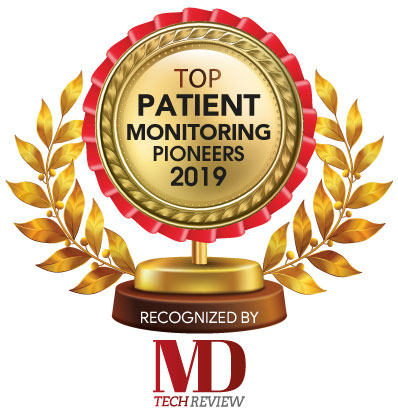The conventional public health care systems are already scrambling to maintain large paperwork manually. But, AI-powered data management and storage have eased their struggles.
Fremont, CA: Public healthcare has become a hot topic in today’s world. The quality of public healthcare depends highly on the geography-specific, complex, system-driven processes, public health caregivers, and technology. It is needless to say that the contribution of technology in the field of healthcare can not be ignored. Artificial intelligence (AI) and machine learning (ML) have facilitated healthcare processes and provided excellent value in specialty care departments like generic pharmacy, radiology, and pathology.
Let us look at how AI has transformed public health:
Accessing Patient Data across Multiple Health Centers
Collecting appropriate medical history and health records can be challenging in countries and communities where the population is dense or displaced. The conventional public health care systems are already scrambling to maintain large paperwork manually. But, AI-powered data management and storage have eased their struggles.
 The data storage challenges of healthcare centers and public hospitals can be effectively overcome by AI-powered cloud computing. It streamlines access to patient data across multiple healthcare centers and hospitals.
The data storage challenges of healthcare centers and public hospitals can be effectively overcome by AI-powered cloud computing. It streamlines access to patient data across multiple healthcare centers and hospitals.
Improving Diagnostics
Studies predict that the AI market for healthcare applications would skyrocket to 6,662 million in the year 2021. AI has significantly improved diagnostics. AI-enabled tools help health caregivers study patterns in patients and deliver accurate diagnostics faster. AI tools are now utilized for identifying patterns that can easily be escaped by human eyes and traditional systems. Besides, AI-powered screening tests are helping caregivers provide quick diagnosis, helping patients receive treatment rapidly.
Monitoring Health Workers’ Productivity
Monitoring health caregivers’ productivity and accuracy can be a big challenge for a public healthcare system that operates in areas with dense populations and unmonitored operations. However, AI has solved this problem by actively correlating the patient data collected on the field and cross-verifying whether or not appropriate healthcare efforts are made towards the patient.



